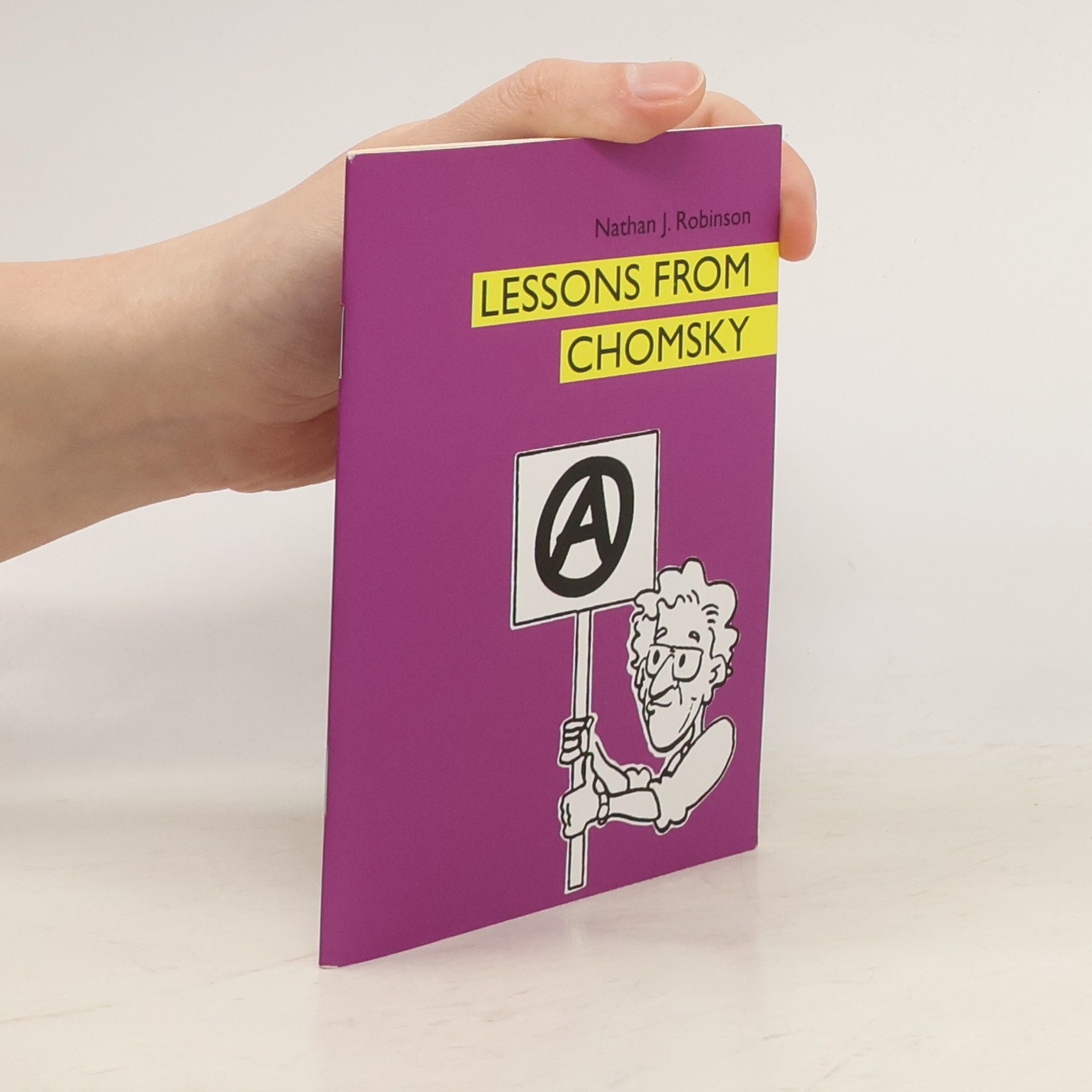Critiquing U.S. military and economic actions globally, Chomsky and Robinson argue that the American pursuit of dominance has caused widespread chaos without enhancing national safety. They reveal how U.S. elites perpetuate myths about democracy to justify harmful foreign policies, with a focus on conflicts like those in Iraq and Afghanistan. The authors warn that these narratives are driving the U.S. toward dangerous confrontations with Russia and China, while also exacerbating threats like nuclear proliferation and climate change. This work serves as a critical examination of American ideals and their consequences.
Nathan J. Robinson Knihy




Why You Should Be a Socialist
- 336 stránek
- 12 hodin čtení
A primer on Democratic Socialism for those who are extremely skeptical of it.
Responding to the Right
- 304 stránek
- 11 hodin čtení
In Nathan J. Robinson's Responding to the Right, the editor of Current Affairs artfully and efficiently debunks a series of common right-wing arguments...
Lessons from Chomsky
- 32 stránek
- 2 hodiny čtení